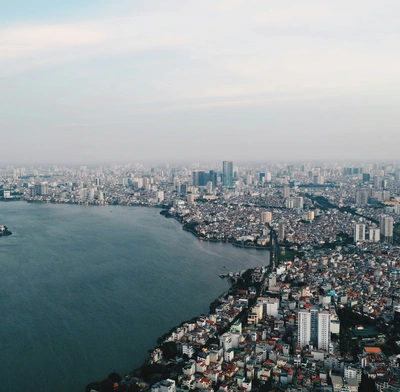Vietnam’s government has unveiled a sweeping five‑year pilot programme to regulate its cryptocurrency market.
Vietnamese Government Charts Crypto Market Pilot with Strict Controls

According to the Government Electronic Newspaper, Deputy Prime Minister Ho Duc Phoc signed a resolution on 9 Sept to “cautiously” open a controlled marketplace for digital assets.
The pilot, effective immediately, covers the issuance, trading and custody of crypto assets and will run until 2030, after which lawmakers will consider permanent rules.
Tight controls
The framework is strict. Crypto assets must be backed by real assets, and transactions must be settled exclusively in Vietnamese dong.
“Crypto assets must be issued based on underlying assets that are real assets, excluding assets that are securities or fiat currencies,” the Vietnamese government said.
Only Vietnamese companies registered as limited liability or joint‑stock entities may issue tokens, and those tokens can only be sold to foreign investors through crypto‑asset service providers (CASPs) licensed by the Ministry of Finance.
Domestic holders will have six months to migrate their tokens onto approved platforms once the first licence is issued. Those trading on unlicensed venues may suffer administrative or criminal penalties.
CASP requirements
CASPs must be Vietnamese firms with at least 10 trillion dong ($379 million) in capital. At least 65% of equity must come from institutional investors such as banks, insurers or technology companies, and foreign ownership is capped at 49%.
Shareholders must show two consecutive years of profits, and leadership must be experienced: CEOs need a minimum two‑year track record in finance or securities, while chief technology officers must have at least five years in relevant IT roles.
Each CASP must also employ at least 10 technology specialists certified in cyber‑security and implement robust risk‑management, KYC/anti-money laundering, custody and disclosure procedures.
Where to next
The pilot builds on Vietnam’s Law on Digital Technology Industry, passed in June, which gives crypto legal status and introduces national projects to build out infrastructure to facilitate digital assets.
Vietnam already ranks among the world’s top crypto‑adoption countries, with an estimated 17 million citizens holding more than US$100 billion in digital assets, according to blockchain analytics firm Chainalysis.
The move follows Vietnam’s push to build its own crypto infrastructure. In August, the state‑owned Military Commercial Joint Stock Bank (MB Bank) and South Korea’s Upbit operator Dunamu signed a memorandum of understanding to launch the country’s first regulated digital‑asset exchange.







